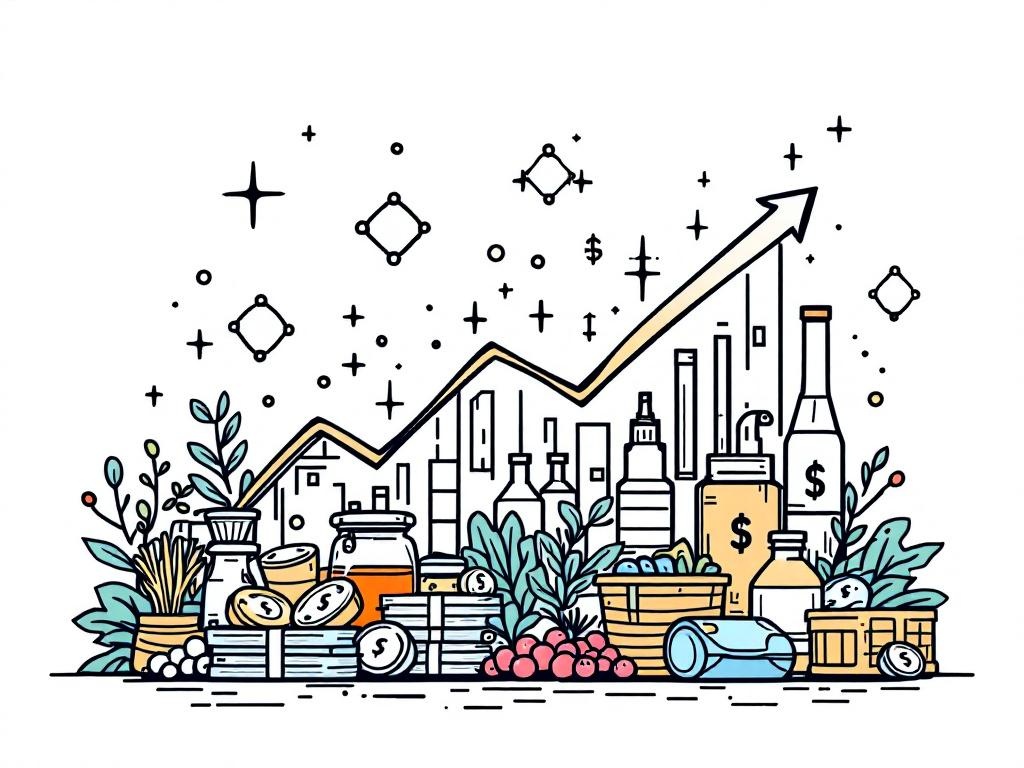Sustainability Drives Growth in Hydrocolloidal Market by 2032

New York, Tuesday, 8 July 2025.
The hydrocolloidal market, valued at $10.9 billion in 2022, is set to reach $18.7 billion by 2032, fueled by sustainability in food manufacturing and consumer demand for eco-friendly products.
Expanding Market Dynamics
The hydrocolloidal market is anticipating a significant upsurge due to the growing importance of sustainable food manufacturing. In response to this demand, key industry players, including DuPont, Cargill, and BASF SE, are investing heavily to align their business strategies with these rolling waves of consumer preference [1]. The market, previously valued at $10.9 billion in 2022, is forecasted to grow to $18.7 billion by 2032, marking a compound annual growth rate (CAGR) of 5.6% from 2022 [1].
Consumer Preferences Drive Innovation
This expansion is largely driven by the increasing preference for eco-friendly products within the food and beverage sector. Hydrocolloids, known for their textural benefits when added to food and drinks, are gaining popularity due to their natural origin and ability to enhance sustainable food processing [1][2]. The shift towards more environmentally conscious ingredients is urging companies to innovate and offer solutions that support a greener planet.
Regional Market Leaders
Asia-Pacific stands out as the dominant region, accounting for over half of the global hydrocolloidal market revenue in 2022. The region is expected to maintain its lead through 2032, driven by urbanization and changing dietary habits, especially in populous countries such as China and India [1]. These factors are propelling the demand for processed foods, further bolstering the hydrocolloidal market’s growth trajectory.
Strategic Industry Movements
In response to these trends, major market players are emphasizing strategic initiatives like new product launches and geographic expansions. Notably, companies like Kerry Group and Jungbunzlauer Suisse AG are enhancing their production capabilities to cater to the rising demand for natural and plant-based hydrocolloids [1]. These efforts highlight the industry’s commitment to meeting consumer demands for more sustainable and clean-label food products, positioning these companies favorably in an evolving market landscape.